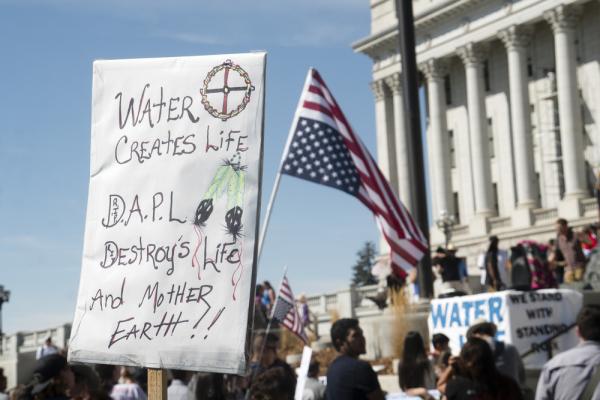Oct 17, 2016
Today we are at another powerful turning point for first Americans, and for all of us. The courageous actions of the Standing Rock Sioux inspires place-based people everywhere. Through the example of prayerful indigenous people at Standing Rock, many Christians are coming to a powerful realization: Protecting our watersheds for future generations is God's call to action for people of all faiths today, just as urgent as it was for previous generations of interfaith activists to abolish slavery or march for civil rights. To protect water is the sacred task of today's generation.
Read the Full Article

Already a subscriber? Login
